Assessment of Nutrient Content in 100 Grams of Artichoke Flowers
The Artichoke, scientifically known as Cynara cardunculus, is a perennial thistle plant that is native to southern Europe, primarily in the Mediterranean region. It was introduced to Vietnam in the early 20th century and is now cultivated in various regions, including Sa Pa, Tam Dao, and most notably Da Lat.
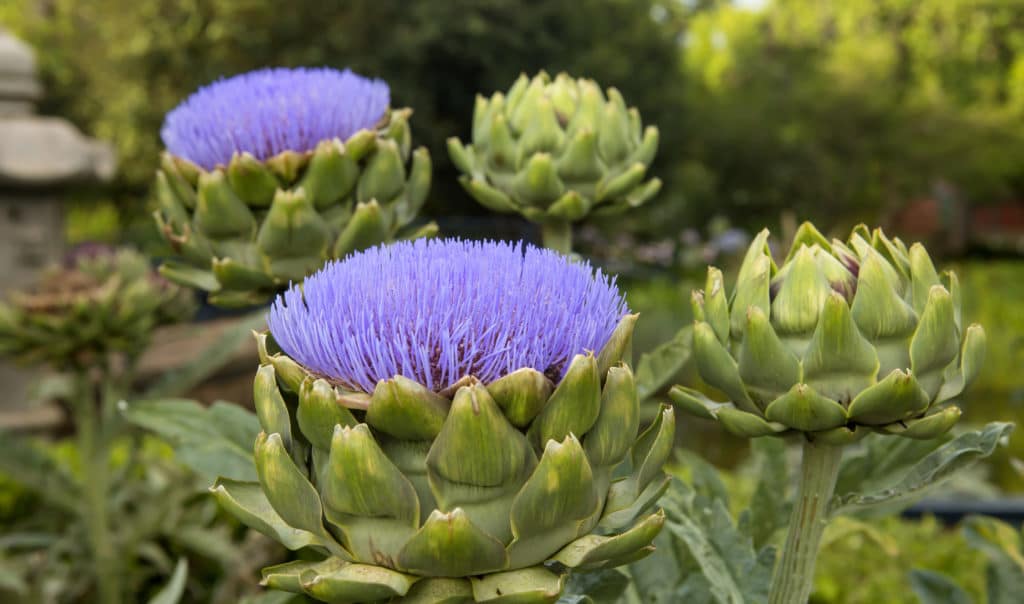
Artichoke is renowned for its rich nutritional profile, making it a valuable herb with numerous health benefits. In a 100-gram serving, artichoke flowers are packed with an array of beneficial nutrients such as:
-
The weight of water is 84.94 grams.
-
47
kcal
of energy
-
Content:
- The content below contains .
-
There is a total of in this product.
-
44 milligrams of calcium
1.28 milligrams of iron
60 milligrams of magnesium
90 milligrams of phosphorus
-
- Potassium
- 370 milligrams
- Sodium
- 94 milligrams
- Zinc
- 0.49 milligrams
- – Vitamin C: 11.7 milligrams
– Vitamin A: 13 IU
– Vitamin K: 14.8 IU
– Vitamin B6: 0.16 milligrams -
Thiamine: 0.072 mg
Niacin: 1.046 mg
Riboflavin: 0.066 mg
Folate: 68 mg
Explore the Incredible Health Benefits of Artichoke Flowers
Powerful Antioxidants and Cancer-fighting Properties Discovered
Artichokes are rich in phytonutrients such as gallic acid, rutin, quercetin, and cynarin. These powerful antioxidants are crucial for the maintenance and growth of cells, as well as for supporting a healthy immune system.
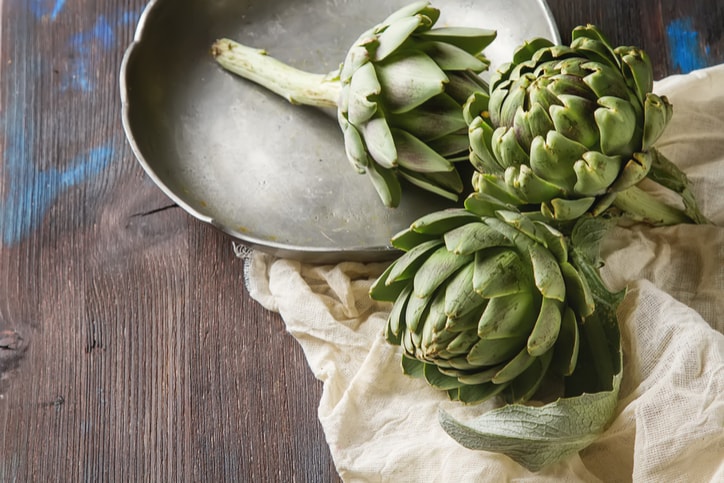
It is well-known that these organisms possess the remarkable capability to combat bacteria and eradicate intracellular tumors or disease-causing agents, thereby serving as a crucial deterrent against the development of cancer.
Enhancing Liver Detoxification and Digestion to Combat Obesity
The active compounds found in artichokes have been shown to have a positive impact on serum lipid levels. Additionally, the antioxidants present, such as silymarin, work together to provide a protective barrier for the liver and promote healthy digestion.
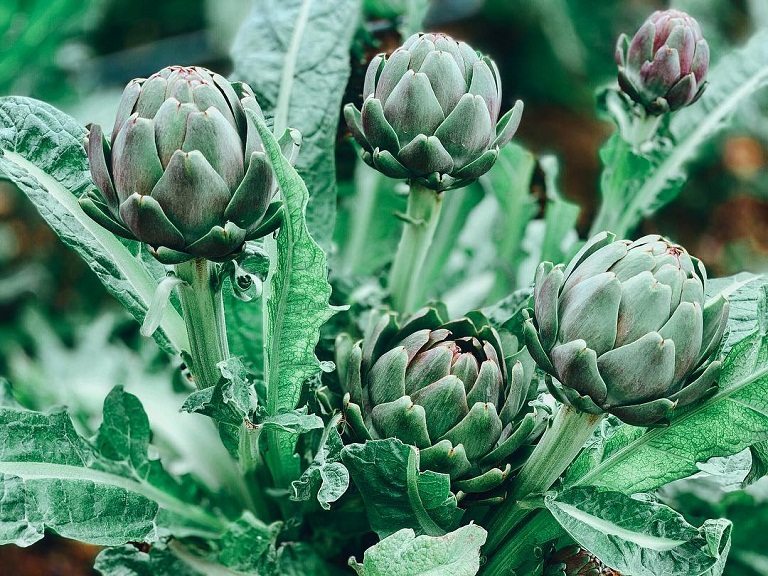
- Artichokes: Consuming artichokes can help improve the amount of beneficial microorganisms in the intestine. This is because artichokes contain a compound called cynarin that promotes choleretic activity, which facilitates efficient bile production and supports excellent intestinal health.
Reducing Risk of Heart Disease – Lifestyle Choices to Consider
Artichokes provide a range of health benefits, including the ability to lower cholesterol levels, thereby reducing the risk of heart disease. Moreover, artichokes contribute to better cardiovascular health by diminishing lipids and decreasing blood sugar levels.
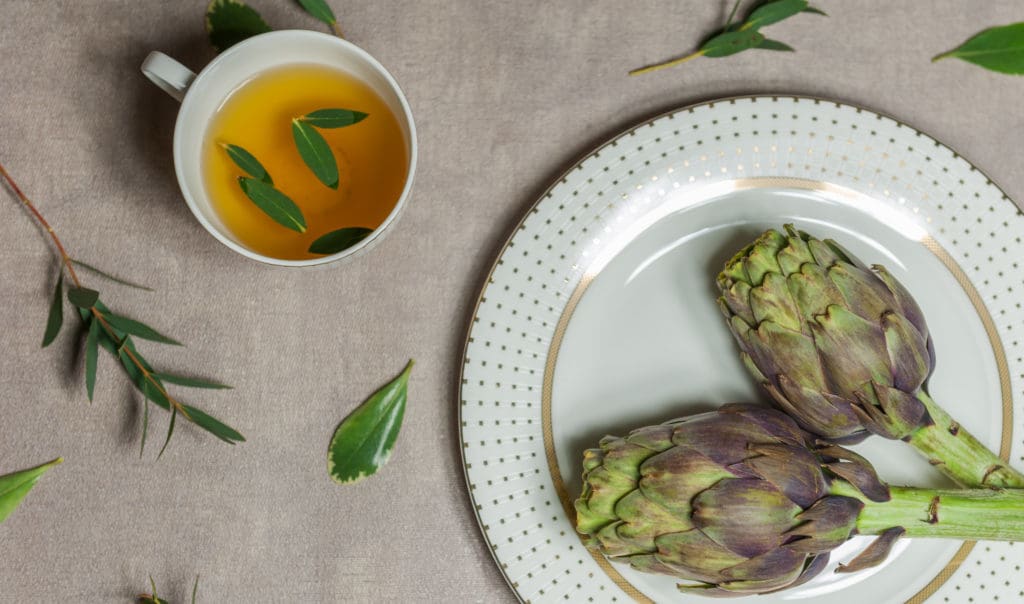
Supports Weight Loss: High Fiber Content
Artichokes are a highly beneficial food, as they are rich in dietary fiber. Consuming artichokes can lower the risk of developing various health conditions such as heart disease, stroke, high blood pressure, obesity, and diabetes.
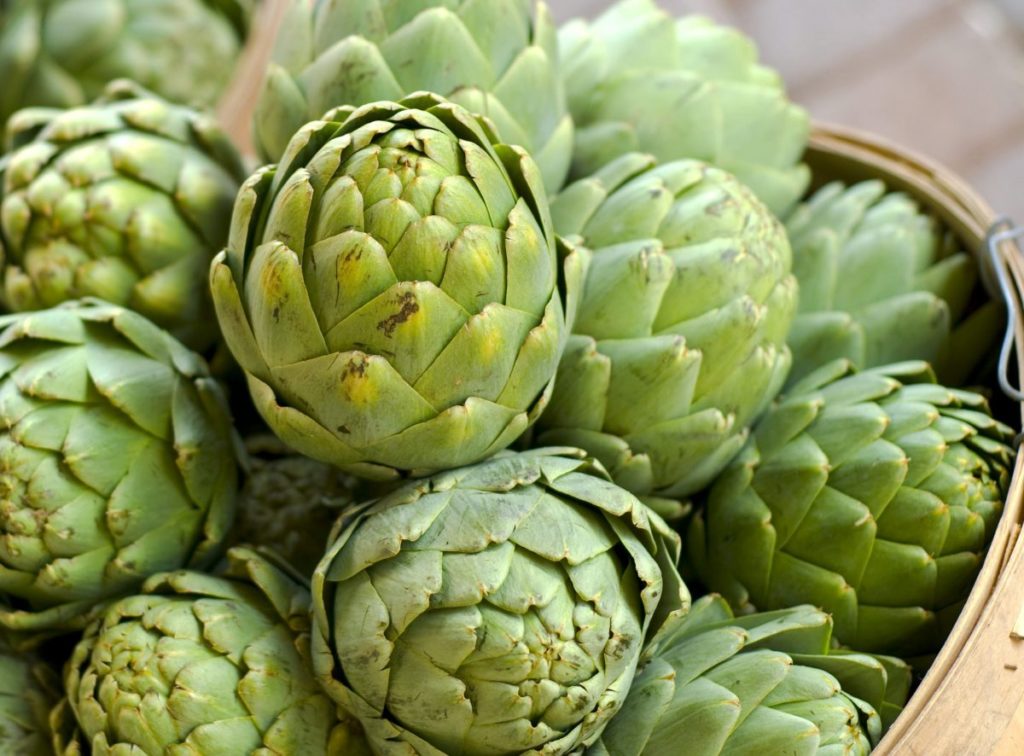
Additionally, this exquisite flower possesses the remarkable ability to lower serum cholesterol levels, regulate blood pressure, and effectively address digestive disorders like acid reflux, ulcers, hemorrhoids, and constipation.
The inclusion of fiber in one’s diet is known to provide a feeling of satiety, aiding in weight management. As such, it is considered advantageous for individuals seeking to lose weight.
Strategies for Managing Diabetes
According to research, artichokes have been found to enhance insulin sensitivity and reduce the production of fatty acids and neutral fats in the liver.
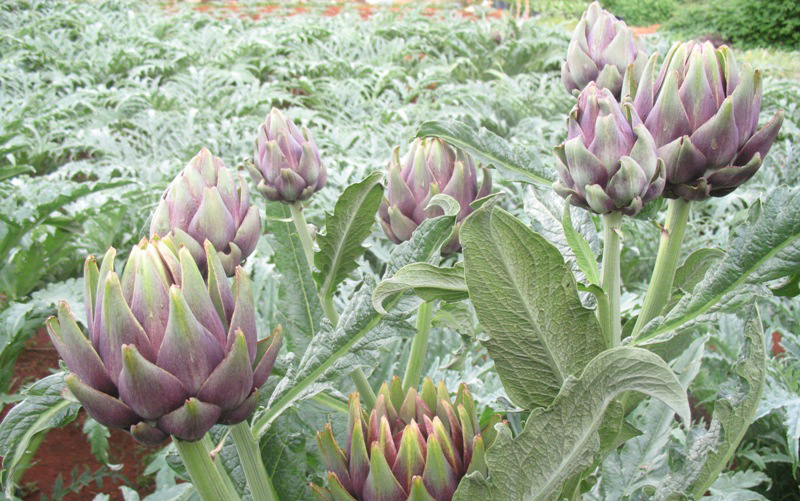
Furthermore, Jerusalem artichokes contain fructooligosaccharides, a vital element in managing insulin resistance and reducing the risk of developing diabetes.
Effect of Plant-sourced Supplement in Treating Anemia and Iron Deficiency
Artichokes are a highly beneficial plant-based source of iron, making them an excellent choice for vegetarians seeking to supplement their intake of calcium and iron. This is particularly important for those who do not consume animal meat and eggs, as artichokes provide a rich and nutritious alternative to fulfill their dietary needs.
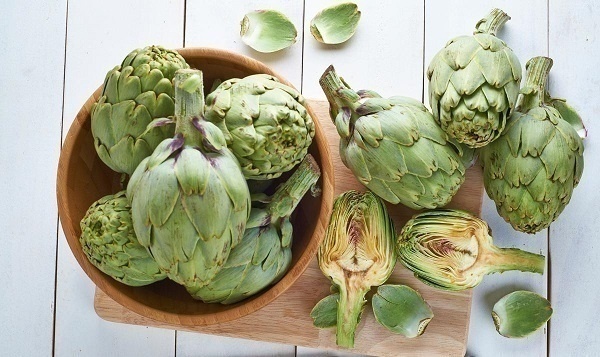
Promoting Anemia Prevention for Optimal Health
Artichokes are a rich source of copper, which plays a crucial role in the production of red blood cells. Regular consumption of artichokes can effectively prevent cases of anemia.
“Maintain Healthy Skin: Tips for a Beautiful Glow”
Research has shown that artichokes are abundant in essential vitamins and potent antioxidants. These antioxidants, such as carotenoids, tocopherols, and flavonoids, combined with vitamins A, C, D, and E, contribute to the improvement of skin health and pigment-related concerns. Incorporating artichokes into your diet can greatly enhance the beauty of your skin.
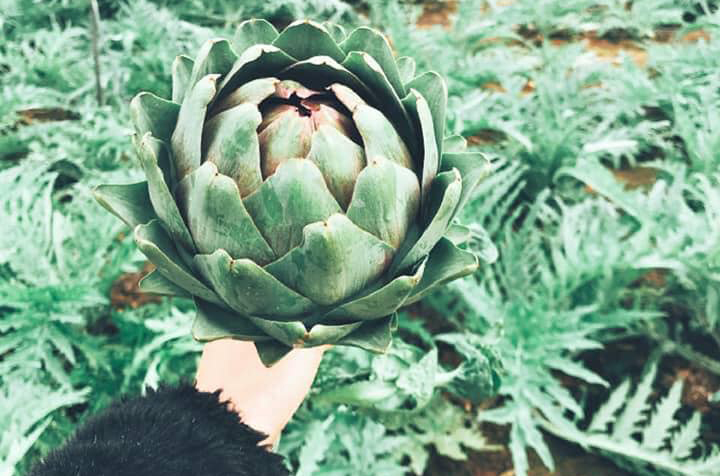
Enhanced Cognitive Ability Observed in Seniors Following Auditory and Musical Education
Phosphorus deficiency has been linked to a decline in cognitive function. Thankfully, artichokes offer a rich source of phosphorus, effectively combating this condition. Furthermore, the vasodilatory properties of artichokes promote increased oxygen delivery to the brain.
Promoting Gallbladder Wellness with Nutritious Eating
The gallbladder plays a crucial role in maintaining overall bodily health as it provides support to all other organs.
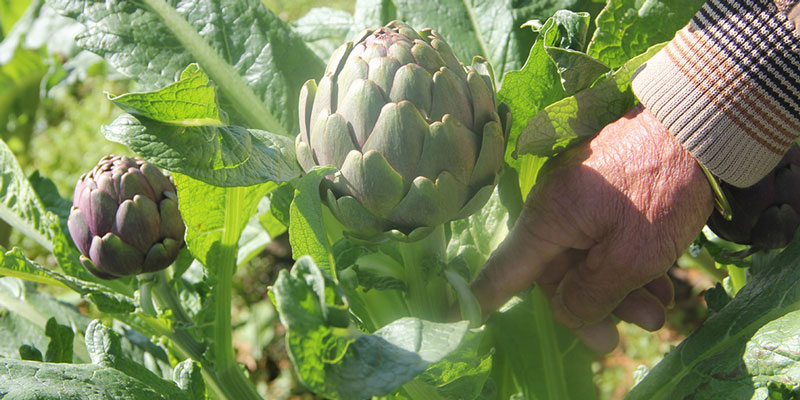
Artichokes have been shown to have potential kidney benefits by aiding in the prevention of mineral accumulation and the formation of kidney stones.
Post-menopausal Women Get a Boost in Bone Health
Artichokes are a nutrient-rich vegetable that offers a variety of health benefits. They are an excellent source of calcium, phosphorus, potassium, copper, and magnesium. Additionally, artichokes contain antioxidants that help improve bone density and reduce the risk of osteoporosis.
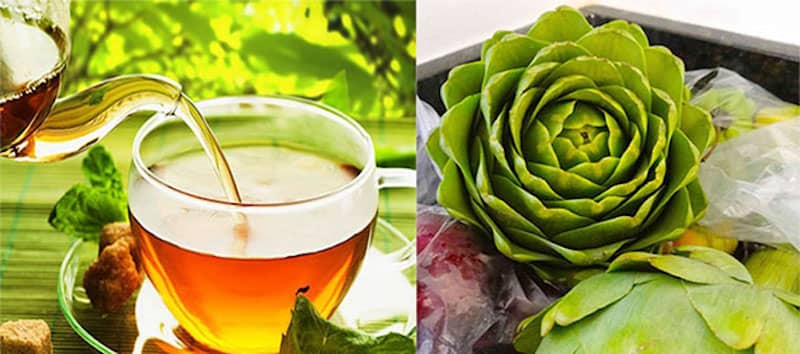
Eating Nuts During Pregnancy Can Provide Health Benefits
Artichokes are beneficial for pregnant women as they support the healthy development of their fetus. The rich folic acid content found in artichokes helps prevent neural tube defects in infants.
You can conveniently purchase artichoke flowers from reputable supermarkets and stores to make the most of their numerous benefits. Whether for processing into various dishes or even simply boiling water for daily consumption, these nutrient-rich flowers are an excellent addition to your family’s diet.
According to a recent article from the “Health and Lifestyle” newspaper, the nutritional content of 100 grams of butterfly pea flower includes:
– Carbohydrates: 12.9 grams
– Protein: 1.2 grams
– Fat: 0.4 grams
– Fiber: 1.5 grams
For more detailed information, you can refer to the source reference and synthesis article from the Health and Lifestyle newspaper.
Thank you for reading the above information regarding the benefits of artichoke flowers. If you have any inquiries, please kindly provide your contact details below the article.





































